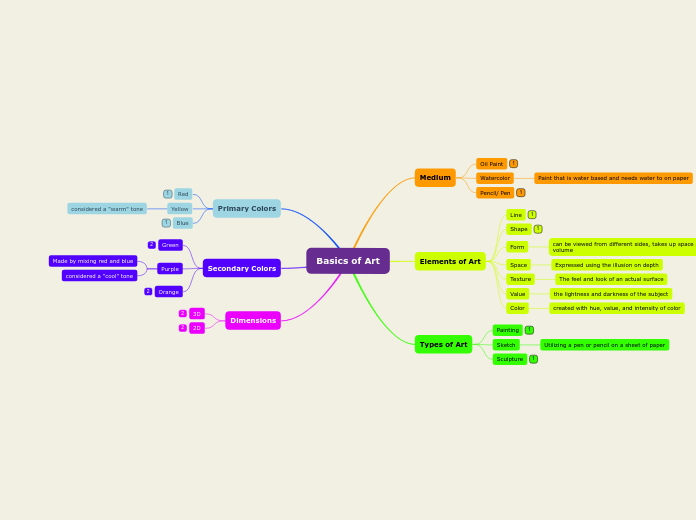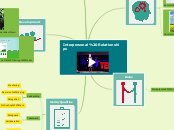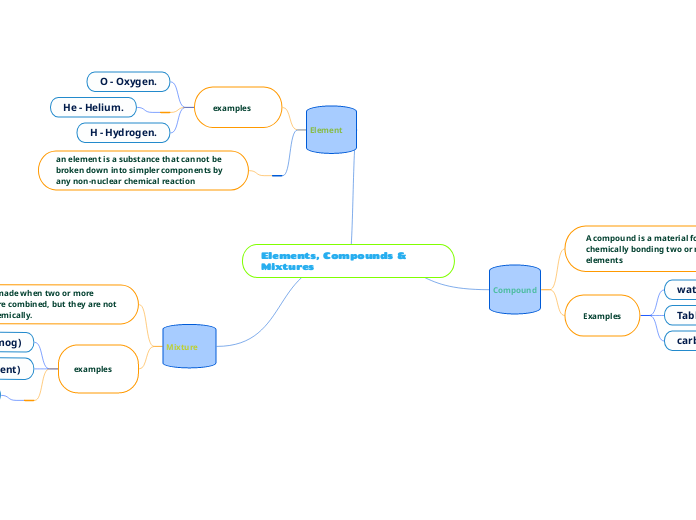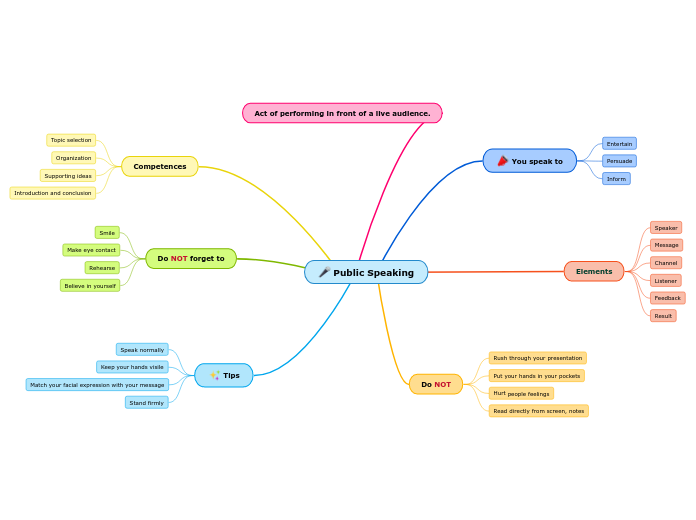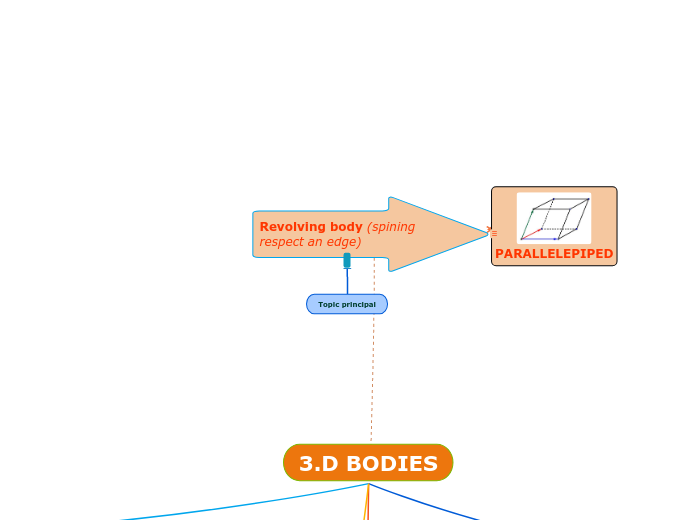Basics of Art
The part of speech is a category to which a word is assigned according to its syntactic functions. In English the main parts of speech are noun, pronoun, adjective, determiner, verb, adverb, preposition, conjunction, and interjection.
Dimensions
A preposition is one of the most exciting parts of grammar. A preposition is used to describe the location of something in relation to something else.
2D
A group of words used with the force of a single preposition is called phrase preposition.
No shading or shadows involved
Created on a flat plane; the main subject looks "flat"
3D
When a preposition consists of more than one word, it is called double preposition.
Contains shadows and correct shading to make the piece pop
When the piece has a "life-like" element to it
Secondary Colors
An adverb is used to describe a verb, but it can also describe an adjective or another adverb.
Adverbs normally help paint a fuller picture by describing how something happens.
Orange
Made by mixing red and yellow
Purple
When a preposition consists of one word it is called single or simple preposition.
Made by mixing red and blue
Green
Made by mixing yellow and blue
Primary Colors
A numeral is a word or phrase that describes a numerical quantity.
Some theories of grammar use the word 'numeral' to refer to cardinal numbers that act as a determiner to specify the quantity of a noun, for example the 'two' in 'two hats'.
Blue
considered a "cool" tone
Yellow
Red
considered a "warm" tone
Types of Art
An adjective is a word that's used to describe a specific noun and to provide more detail to the listener.
Sculpture
Superlative adjectives demonstrate a higher level of comparison between entities.
Utilizing clay/ ceramic to create a sculpture
Sketch
Utilizing a pen or pencil on a sheet of paper
Painting
Expresses a comparison between two entities or groups of entities in quality or degree.
Utilizing acrylic, Tempra, or Oil paint to create your piece
Elements of Art
A noun is defined as a person, place, thing or idea. Proper nouns always begin with a capital letter. Common nouns, which are general words, such as 'cars,' are not capitalized.
Color
created with hue, value, and intensity of color
Value
the lightness and darkness of the subject
Texture
The feel and look of an actual surface
Space
Expressed using the illusion on depth
Form
can be viewed from different sides, takes up space and volume
Shape
Compound nouns are words where two nouns have been stuck together to make a new noun. Compound nouns should be written as one word, without a hyphen.
an enclosed area that has two or three dimensions
Line
A noun which refers to a group of things/people.
A mark made by a pointed tool, a moving point
Medium
A verb is an action word or 'doing' word that signifies movement in some way.
Pencil/ Pen
An auxiliary verb helps the main (full) verb and is also called a 'helping verb.' With auxiliary verbs, you can write sentences in different tenses, moods, or voices.
Using a pen or pencil or draw or sketch on a paper
Watercolor
Paint that is water based and needs water to on paper
Oil Paint
A participle is a verb form that can be used as an adjective or to create a verb tense. There are two types of participles: Present participle (ending -ing) and Past participle (usually ending -ed, -d, -t, -en, or -n).
Paint that is oil based and is clumpy and thick
